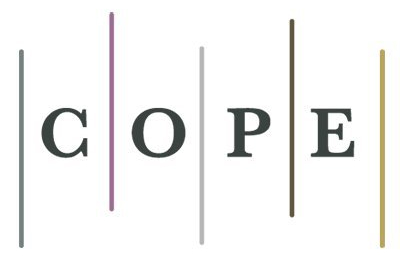Rethinking Organizations and Society from Paradoxes
Keywords:
paradoxes, tensions, organizations, society, organizational paradoxes.Abstract
The theory of organizational paradoxes provides a lens for observing organizations and society, based on the role of tensions and contradictions. Taking the existence of opposing forces as inherent in pluralistic collectives such as complex organizations, paradox theory offers a conceptual angle with unique advantages. In this article, ways of rethinking organizations and society are discussed, based on the generative possibilities of paradoxes. The text addresses the way paradoxes operate at different levels and how they are felt by individuals, teams, organizations, inter-organizational systems and society as a whole. It also discusses how the paradoxical approach can inform the debate in four important areas for rethinking organizations and society: the relationship between business and society, sustainable development goals, the new space and democracy.
Downloads
Downloads
Published
How to Cite
Issue
Section
License
This work is licensed under a Creative Commons Attribution 4.0 License.
The O&S adopts a Creative Commons Attributions License 4.0 in all published works, except where specifically indicated by copyright holders.





